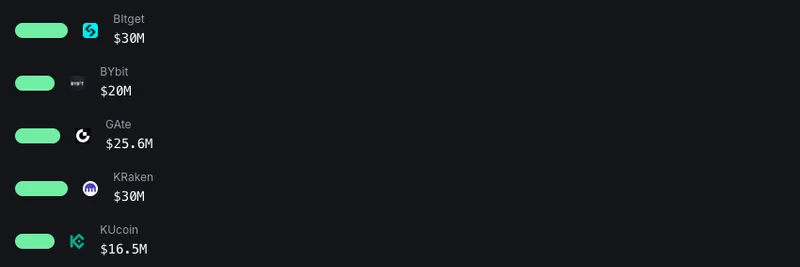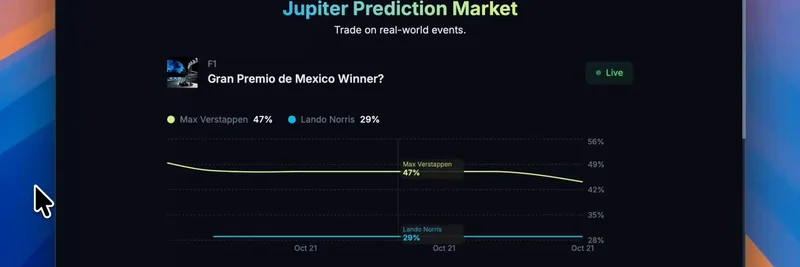In the fast-evolving world of blockchain and DeFi, security audits play a crucial role in building trust. Recently, a tweet from Nethermind highlighted their security team's deep dive into auditing Lido Finance's zk-Oracle—a cutting-edge tool designed to verify validator accounting with zero-knowledge proofs. If you're new to this, zero-knowledge proofs (ZK proofs) are a cryptographic method that allows one party to prove something is true without revealing any underlying data, which is perfect for maintaining privacy and security in blockchain transactions.
The tweet points to a detailed case study on Nethermind's blog, where they explain how their experts scrutinized Lido's system. Lido, the top liquid staking protocol on Ethereum, introduced this zk-Oracle through their LIP-23 proposal. The goal? To cryptographically validate changes in validator balances, especially handling "negative rebases"—situations where staked assets might decrease due to penalties or other factors.
Built on SP1, a zero-knowledge virtual machine (zkVM), the oracle generates proofs that confirm state transitions between validator balances. This means the system can prove that balance updates from Ethereum's consensus layer are accurate and secure, all while keeping things on-chain and verifiable. For blockchain practitioners, this tech could inspire similar implementations in meme token projects, where secure and efficient verification might prevent exploits or enhance token utilities tied to staking mechanisms.
During the audit, Nethermind's team—comprising cryptography engineers, security researchers, and smart contract experts—identified two critical issues. First, there was a risk of validator index manipulation, where invalid indices could tamper with balance values in the ZK proof. Second, inconsistent state checks left gaps in verifying transitions between old and new states. These findings underscore the importance of rigorous testing in ZK systems, as even small oversights can lead to big vulnerabilities.
Thankfully, the Lido team quickly addressed these problems based on Nethermind's recommendations, beefing up the validation logic and closing those gaps. Now, with the issues resolved, the zk-Oracle is geared up for mainnet deployment, promising stronger security for Lido's users and the broader Ethereum ecosystem.
This audit isn't just about fixing bugs; it's a testament to how collaborative efforts between protocols like Lido and auditors like Nethermind push the boundaries of DeFi innovation. If you're involved in meme tokens or any blockchain project, keeping an eye on ZK advancements like this can help you integrate more secure features, potentially attracting more users and investors.
For more insights into blockchain security and emerging tech, stay tuned to Meme Insider. Whether it's audits, ZK proofs, or the latest meme token trends, we've got you covered to level up your knowledge base.




